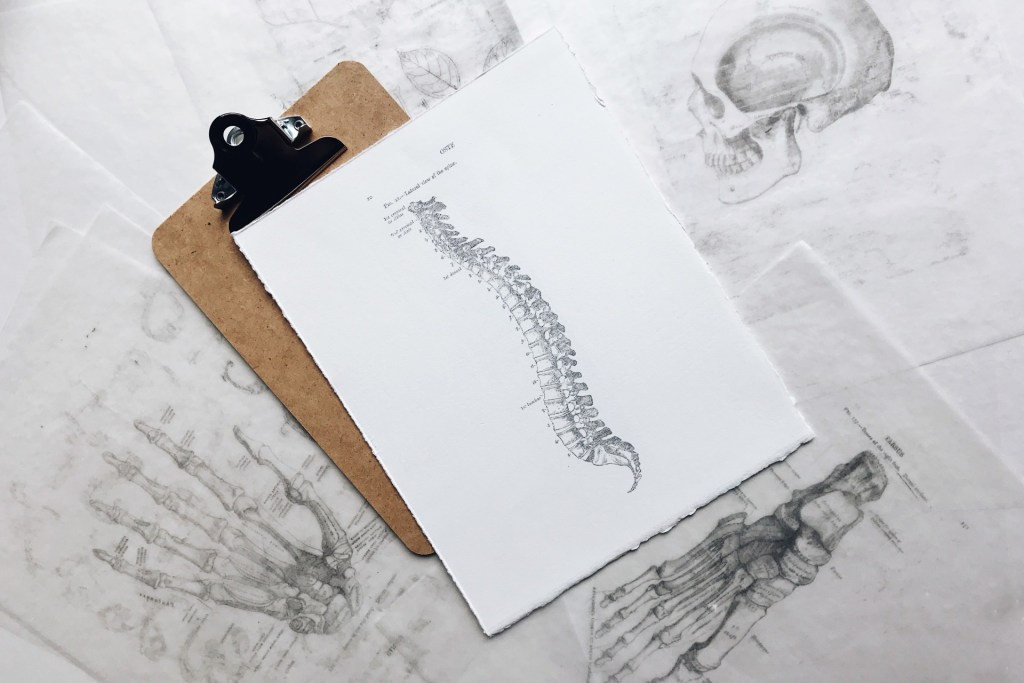Chiropractic care can be a fantastic form of back and body pain management without the risks involved with surgery or medications. The art of chiropractic care has been around for years, and with the increased focus on more natural forms of healthcare, seeing your chiropractor for an adjustment means getting quality care, even when pregnant. Some chiropractors even specialize in pregnant women, with focuses on pre and postnatal care. This is so important, as it puts mom and baby at the center of their focus, ensuring an overall benefit. If you are or know someone who is currently expecting, keep reading to find out all the details on seeing a chiropractor for care while also keeping your unborn child the center of your focus.

What’s the hype?
Pregnant women have been receiving chiropractic adjustments for ages; however, the practice has recently picked up quite a bit of momentum. A visit to your chiropractor could possibly improve spinal nerve stress, back, and body pain. But now, pregnant moms are seeking out chiropractors to help them deep-stress and become more adjusted to their growing bellies while also ensuring maximum womb space for their child.
Regular chiropractic adjustments during pregnancy have also been attributed to an overall better pelvic balance for moms. According to Pelvic Floor First, the term pelvic balance, sometimes referred to as pelvic stabilization, is part of the pelvic floor group exercises. The term pelvic floor is explained as, “The pelvic floor is the base of the group of muscles referred to as your core. These muscles are located in your pelvis and stretch like a hammock from the pubic bone (at the front) to the coccyx or tailbone (at the back) and from side to side.” In short, it’s a group of core muscles at the base of the torso, responsible for supporting the bladder, bowel, and uterus/womb.
These muscles can be weakened over time, or after an injury. Childbirth is one of the first injuries to affect the pelvic floor muscles. When these muscles become weakened, they can no longer support themselves or the organs above them, often causing bladder and bowel control issues that can become lifelong maladies. By strengthening the pelvic floor muscles with exercises and chiropractic adjustments, moms found themselves able to keep their pelvic floor from becoming damaged during childbirth and preventing control or leakage issues postpartum.
All chiropractors are trained to work with pregnant women, with some even going on to specialize in certain areas of focus on pregnancy-based adjustments. Chiropractors can utilize specialty tables or adjust their current adjustment tables to accommodate a pregnant woman. They can also tailor an adjustment to avoid unnecessary impact to a pregnant woman’s abdomen and increase the adjustment to reduce pain and inflammation to the back and neck, should the overall care plan for that patient warrant it.
Other benefits of chiropractic care during pregnancy include:
- Alignment of the pelvis, helping to prevent breech babies and pelvis-related reasons for an unplanned and unwanted cesarean section.
- Reducing pain in the back and neck from the added weight of carrying your baby.
- Self-maintenance of nausea
- Reduced time spent in labor and delivery

What’s the risk?
While a chiropractic adjustment performed on a pregnant woman is considered safe, it’s important that expecting moms talk with their physicians – including their OBGYN — prior to participating in any new activities or forms of healthcare such as seeing a chiropractor. There are a few reasons to not partake in an adjustment if you are pregnant and currently experiencing the following symptoms:
- Vaginal bleeding
- Cramping or sudden onset of pelvic pain
- Premature labor
- Placenta abruption or previa
- Ectopic pregnancy
And at the end of the day — if after speaking with your doctors, your spouse or support partner, and your chosen chiropractor – you choose to not go through with this type of care, that’s ok. You’re in the driver’s seat when it comes to the health and overall wellbeing of you and your unborn child. If you’re nervous, be open and honest with your chiropractor. It’s perfectly normal for some women to have minor anxiety over anything that could impact their precious cargo, and your chiropractor can go over all the risks and benefits with you based on your individual needs. Care can be increased or decreased based on those conversations, so speak up.
Less neck pain, back pain, heaviness or pressure, increased flexibility, and a stronger pelvic floor are just a few of the many health benefits of pregnancy-based chiropractic care. These caregivers are well-trained professionals who are ready and able to provide quality care to expecting moms, giving them relief during the heavier feeling months, increasing the pelvic floor support system, and possibly preventing complications later down the road. They might also vastly improve the pregnancy recovery time for moms. It doesn’t hurt to ask, so the next time you find yourself dealing with excruciating back pain due to your growing belly, talk with your doctors about adding the benefits of chiropractic care to your regimen.



